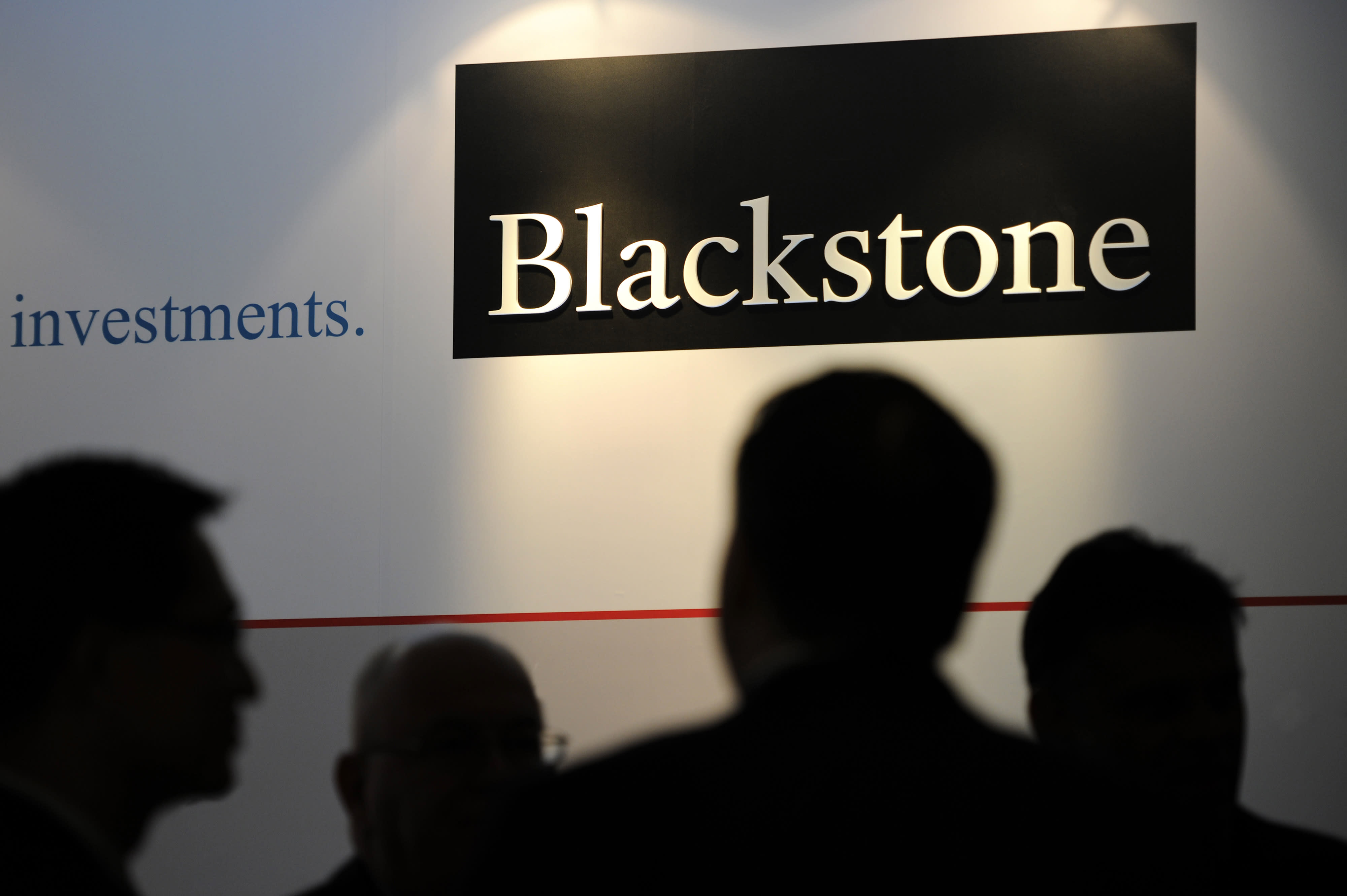The coronavirus pandemic is shutting down entire sectors of the economy and putting millions of Americans out of work, but one corner of Wall Street may find opportunity amid the carnage: private equity.
The group, which includes investment giants Blackstone, Carlyle and KKR, has a record $1.5 trillion in cash ready to deploy and has been actively seeking deals across the struggling travel, entertainment and energy industries, according to a half-dozen investment bankers who declined to be identified speaking candidly about potential clients.
“They have been waiting for this type of market dislocation,” the head of mergers at a major Wall Street firm told CNBC in an interview. “I don’t think they wanted something quite this bad, but they did want a pullback in valuation.”
Private equity firms have been stockpiling cash in recent years as rising markets made it harder for them to invest, accumulating a record pile of “dry powder” for deals. The industry typically buys undervalued companies with borrowed money, taking them private to spruce up operations for an eventual sale. The high company valuations that kept them at bay collapsed this month amid widespread business closures and quarantines of some of the world’s largest cities.
But the confluence of forces at play — an oft-maligned section of Wall Street seeking money-making opportunities in an election year and amid an unprecedented global crisis that has caused thousands of deaths — could invite greater scrutiny on the industry. Critics including Sen. Elizabeth Warren have said that private equity firms enrich themselves at the expense of workers and the companies themselves, which sometimes end up in bankruptcy.
“Vulture investors, especially in private equity, are waiting in the wings to scoop up scores of struggling businesses on the cheap,” tweeted Rohit Chopra, an FTC commissioner.
The first deals are likely to be investments rather than full-on takeovers, the bankers said. Transactions known as PIPEs, or private investments in public equity, are one way companies under distress can quickly raise cash. The buyer gets shares at a discount, and the new stock typically dilutes the holdings of existing shareholders.
“Private equity is trying to do PIPEs all over the place right now,” said a senior investment banker at another top Wall Street firm. The targets are “every industry where stock prices” have collapsed, this person said.
One example of a PIPE made during the last crisis: In 2008, Leonard Green & Partners bought a 17% stake in Whole Foods for $425 million, an investment that yielded more than $1 billion in profit when shares recovered a few years later.
While travel, entertainment and energy companies are in obvious need for cash infusion as demand has evaporated, over the longer term, the coronavirus pandemic could favor industries including healthcare and home security, according to a presentation from management consultant Bain.
Don’t take the money
For now, bank advisors are mostly telling corporations to ignore private equity money as lawmakers close in on a massive stimulus bill. The details of the $2 trillion bill, including the forms of relief struggling companies will get and at what terms, needs to be known first.
Another reason for a delay in deals: One banker said that private equity investors “only want to invest in the strongest companies” like makers of consumer staples, or top restaurant chains, and these companies aren’t yet willing to take on expensive forms of capital.
Still, even with anticipated federal aid like potential bridge loans, for many businesses, the crisis and its aftermath will take months, if not years, to play out, and collapsing revenue and share prices make them vulnerable to takeovers.
Last week, Goldman Sachs warned its clients to expect a rise in hostile takeovers and shareholder activism, according to a presentation sent to clients. The bank told clients that a shareholder rights plan, known as a poison pill, “is the single most effective takeover protection device” the companies can use, according to Vox, which obtained the memo. A Goldman spokeswoman confirmed its authenticity.
To be sure, private equity firms are also exposed to the coronavirus-induced downturn because they already own wide swaths of corporate America, including struggling retail shopping and entertainment properties. Even before the pandemic struck, lenders were increasingly concerned about defaults from companies owned by the PE industry.
As a result, many private equity firms are in “defense mode” across their portfolios, said one investment banking head.
Barbarians at the Gate
Still, because the industry’s management fees are based on investments that are locked up for years, private equity firms “should be quite resilient in the current market backdrop,” Devin Ryan, a JMP Securities analyst, said Tuesday in a research note.
Private equity became widely known in the 1980s as a generation of corporate raiders including Carl Icahn and T. Boone Pickens sought bigger and bigger deals, culminating in the $31 billion takeover of RJR Nabisco in 1989.
The industry has swollen in size since the financial crisis, adding $4 trillion in assets in the last decade, as institutional investors including pensions and insurance companies seek out higher returns in a low-yield world. Last year, shares of PE firms Apollo and Blackstone soared roughly 90% after they changed their corporate structure to take advantage of the 2017 corporate tax overhaul.
While the market for leveraged loans has fallen off in recent weeks, leverage of roughly six times a target’s earnings is still available for private equity deals, according to the head of mergers quoted at the beginning of this article. Parties are having conversations about investments in hotels, restaurants, movie theaters and casinos, among other companies.
“These are fundamentally good businesses that are going to have a terrible year,” the banker said. “There’s an opportunity for private equity to go in there and take a meaningful stake or buy the company at a valuation they could not have gotten before.”
